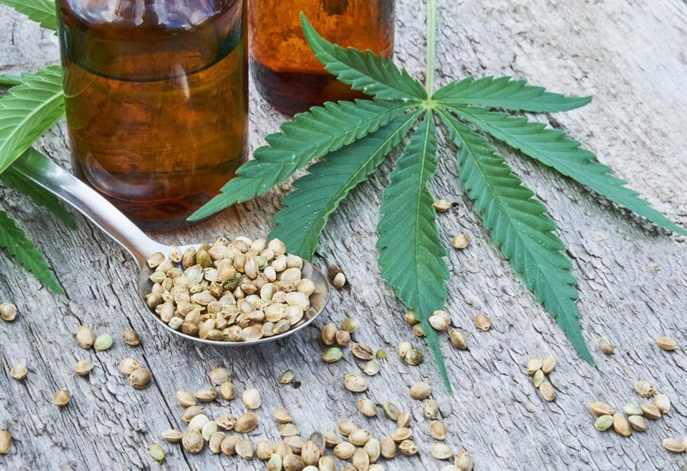Alcoholism has to be one of the most misunderstood subjects around. Most people have a preconceived notion of which alcoholic candidates are, not to mention the assumption on which potential candidates could be. More often than not, people have assumed that people who indulge in excessive alcohol consumption are alcoholics when they may not be. It is essential to know the difference between alcoholism and binge drinking. This way, it is easier to get help when needed.
Defining Alcoholism
Note that alcoholism is not synonymous with excessive drinking. Excessive drinking could lead to alcoholism, though. Usually, alcoholism is defined as an individual’s inability to quit drinking due to psychological and physical dependence.
Usually, this condition is characterized by either mild or stronger symptoms. It often results in form long-term use of alcohol to the extent that the body becomes accustomed to it, triggering adverse reactions. In most cases, alcoholism is identified by the presence of withdrawal effects.
Common Alcohol Withdrawal Symptoms
The symptoms can be mild or severe, depending on the stage of alcoholism. The mild symptoms include:
- Nausea and vomiting
- Headaches
- Agitation
- Sweating
- Visual and Auditory disturbances
- Anxiety
In severe cases, the symptoms may be life-threatening. They include:
- Delirium tremens
- Seizures
- Wernicke-Korsakoff syndrome
- Anxiety
- Depression and suicidal thoughts
- Sleep disturbances
- Hallucinations
- Cardiovascular complications
Defining Binge Drinking
This refers to excessive consumption of alcohol beyond the recommended limit in a short period. In most cases, it consumes over five bottles for men and over four bottles for women within 2 hours. This habit tends to increase the amount of alcohol in the blood and often leads to blackouts, passing out, and vomiting. While there is a recommended limit, the specific amount of alcohol each individual can take at any given time is often determined by several things, including tolerance level, weight, and height. Therefore, some people can have a higher tolerance, and others binge even at the third bottle.
Potential Risks of Binge Drinking
Unfortunately, binge drinking is also as dangerous as addiction. It often leads to severe consequences that affect the quality of life one lead. Some of the symptoms include:
- Accidents, crashes, and injuries while intoxicated
- Risk of violence
- Risk of STDs
- Unintended pregnancies or miscarriages
- Fetal alcohol spectrum disorders
- High blood pressure
- Stroke
- Heart disease
- Liver disease
- Cancer
- Memory problems
- Irresponsible behavior that often leads to skipping work and not meeting family obligations
Differentiating Binge Drinking and Alcoholism
Usually, binge drinking is as harmful as alcoholism, only that it does not come with addiction traits. The intoxication leads to a similar consequence. Note that binge drinking can lead to alcoholism, especially if it makes it easy to develop dependence. Some of the factors that make alcoholism different from binge drinking include the following:
- A desire to stop drinking but being unable to do so
- Feeling angry or irritated if the alcohol runs out
- Hands shaking or having tremors after drinking
- Hallucinations
- Trouble sleeping without alcohol
- Hiding drinking habits from others
- Strong alcohol cravings
It is crucial to get help to deal with your alcoholism and binge drinking in good time. This is why contacting a specialist at Skyward Center is a plus. Talk to us today to craft a treatment plan to reverse all the addiction effects.









Comments